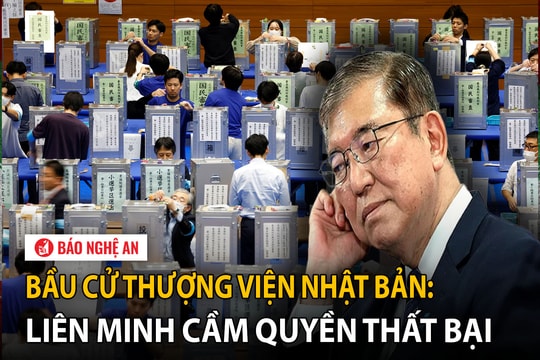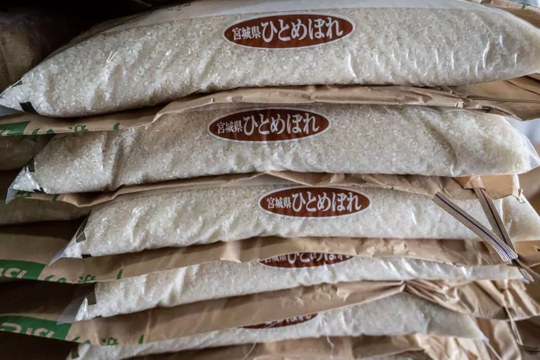Early elections in Türkiye: Victory is not enough
(Baonghean) - The victory in the early election in Türkiye on November 1 has given the ruling Justice and Development Party (AKP) a big advantage. But a majority result in the National Assembly is not enough to solve the current problems of the "land of flying carpets".
Change to win
Nearly five months after the failure in the parliamentary elections in June and the unsuccessful attempt to form a coalition government, the ruling Justice and Development Party (AKP) is enjoying a victory. The result of nearly 49.7% of the votes for the AKP can be considered a surprise number because previous predictions showed that no party could win a majority of the 550 seats in the Turkish Parliament. Meanwhile, the main opposition Republican People's Party only won 23%, not enough to create competition with the AKP.
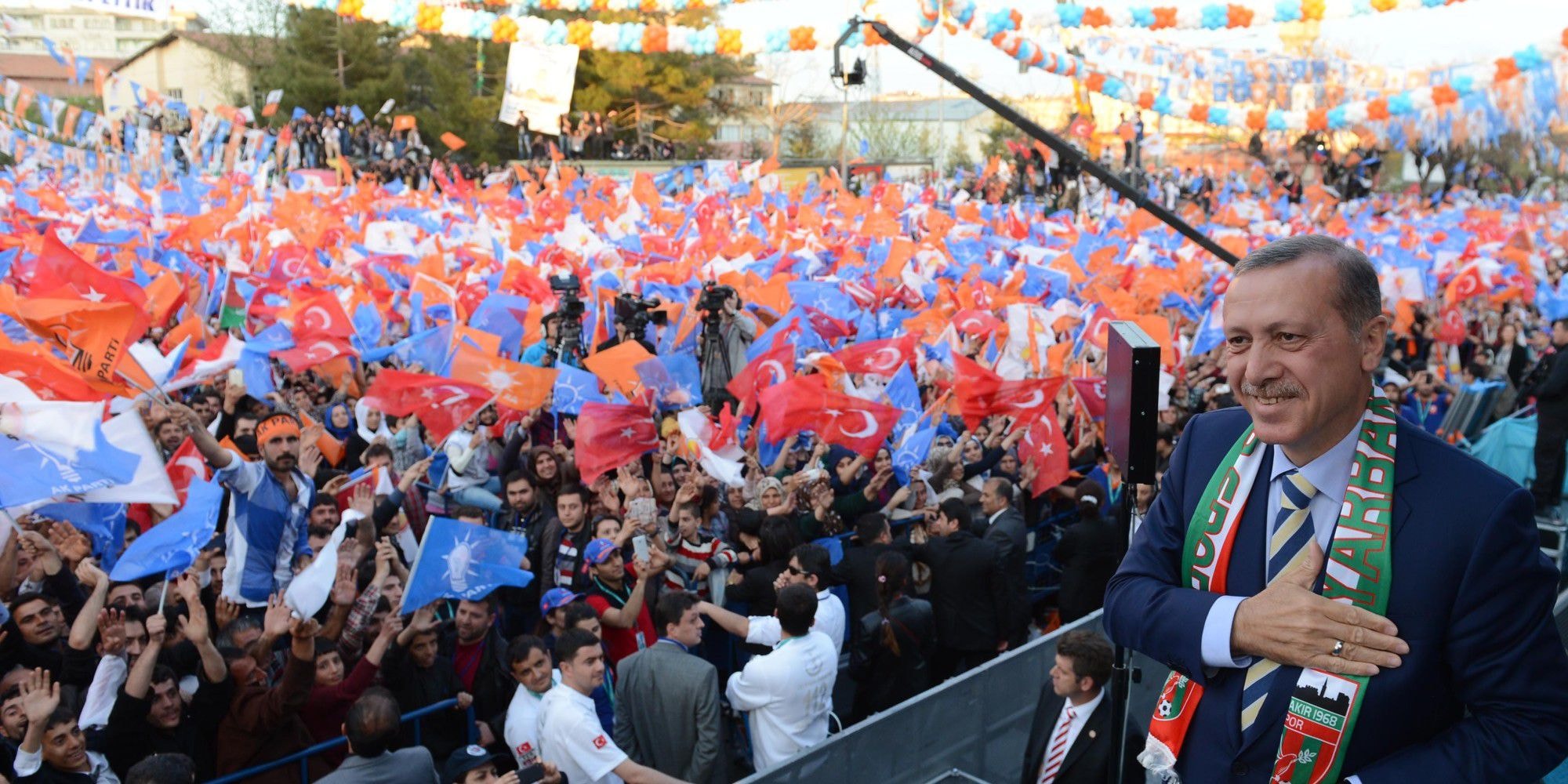 |
| President Recep Tayyip Erdogan's AKP won with a pledge on security and counter-terrorism. |
In fact, the recent victory was completely inevitable, which is understandable if we know that the AKP has applied a different strategy after the defeat in June. The AKP and its leader, President Recep Tayyip Erdogan, have temporarily shelved the proposal to amend the Constitution, changing Türkiye from a parliamentary to a presidential system and increasing the powers of the supreme leader.
This is one of the top priorities of the AKP and also a controversial topic in this country. During the previous election campaigns, President Erdogan often gave speeches promoting the need to amend the Constitution, convincing voters to vote for the AKP so that the party could have the necessary 400 seats in the National Assembly.
In the latest election, the AKP's propaganda focused on the burning issues in Turkish society today, such as security and enemies that are destroying the country, such as the Islamic State (IS). The AKP's message is that the party has many unfinished security plans and therefore needs to be given the conditions to carry out the remaining ones for the benefit of the people. The AKP's approach to voters has also changed, with the party reducing the frequency of public appearances of its leaders.
The AKP’s strategy of exploiting the tense atmosphere in the country and convincing people to choose between instability and order has made a difference. A large part of the Turkish electorate seems to agree with the view that continued instability will affect development and they want a return to a period of single-party rule, so that the government can easily react decisively against terrorism.
Challenges that are not easy to solve
The recent efforts have brought clear results for the AKP, but the future ahead is not a rosy picture with many challenges awaiting.
First of all, the economic problem has been a headache for AKP leaders since the previous term. The “Iron Fist” governance policy that AKP has continuously applied during the past 13 years in power is no longer effective in creating positive momentum for the Turkish economy. The economy has been continuously declining, leading to a decline in public trust. The country’s economic growth rate, once forecast at 6-7%/year, has now been reduced to 4-5% for at least the next 3 years.
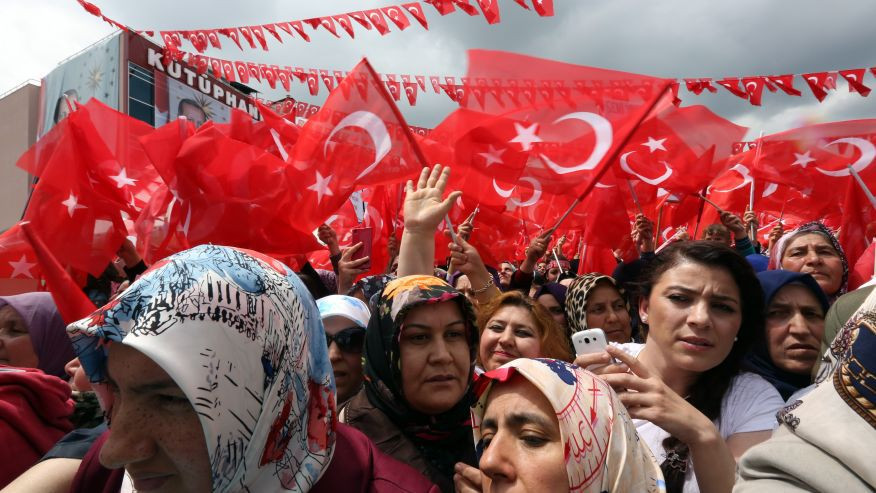 |
| Turkish voters expect the AKP to help solve economic and security problems. |
In such a context, the burden of immigration from neighboring countries has further pushed down Türkiye’s social welfare standards. According to official figures, 1.9 million Syrians fleeing the civil war are taking refuge in the country, but only a small number (about 250,000) are housed in the 25 refugee camps built by the government. The majority of the remaining refugees are scattered across the country, increasing discontent among local communities.
Uncontrolled refugees are blamed for rising crime rates, rising living costs, especially housing costs, and placing a heavy burden on local health systems and social security networks. Meanwhile, the amount of EU aid spent on building refugee reception centers remains an open question, with both Europe and Türkiye waiting for a final solution.
In addition, the new government will have to work hard to address security and counter-terrorism plans to meet the expectations of the people in the recent election. Türkiye's choice to participate in the US-led joint military campaign against IS will certainly have mixed effects.
If Türkiye hesitates in the fight against IS, it is very likely that it will become a fertile ground for this organization to grow. But conducting security operations against IS also makes this country a new center of terrorism, with concrete evidence being two bloody bombings that killed 102 people in the capital Ankara early last month. Once the atmosphere of violence and terrorism is rekindled, it will create favorable conditions to encourage the Kurdish separatist community in Türkiye, which has the ambition to separate and establish an independent state.
Thanh Son
| RELATED NEWS |
|---|

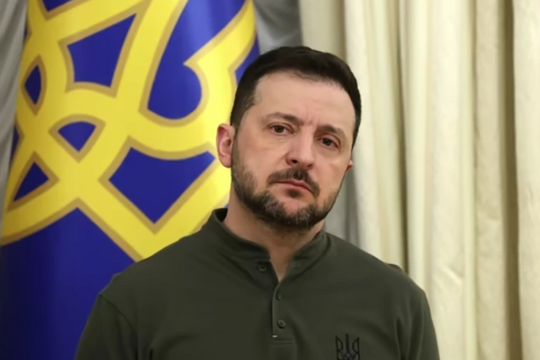
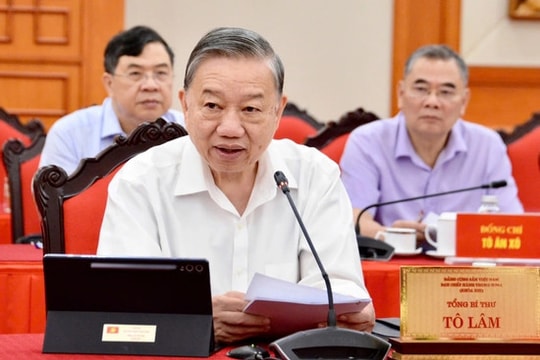
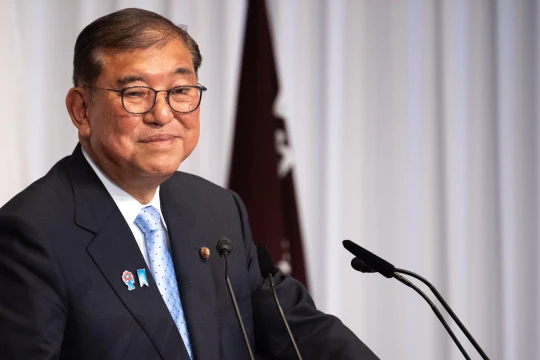
.jpg)
